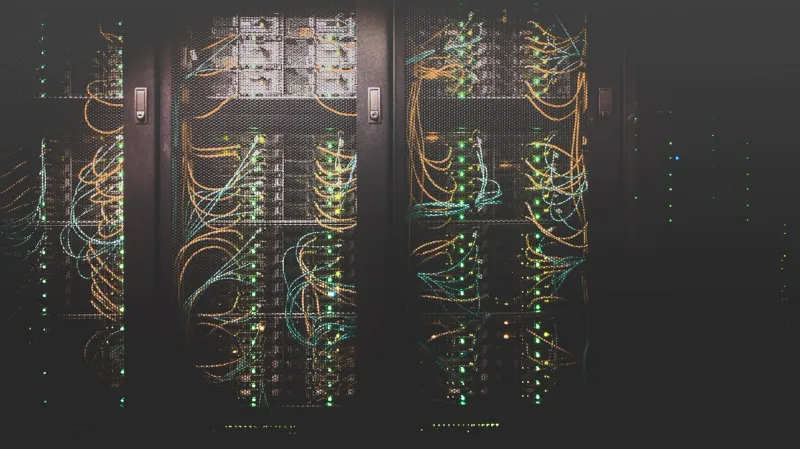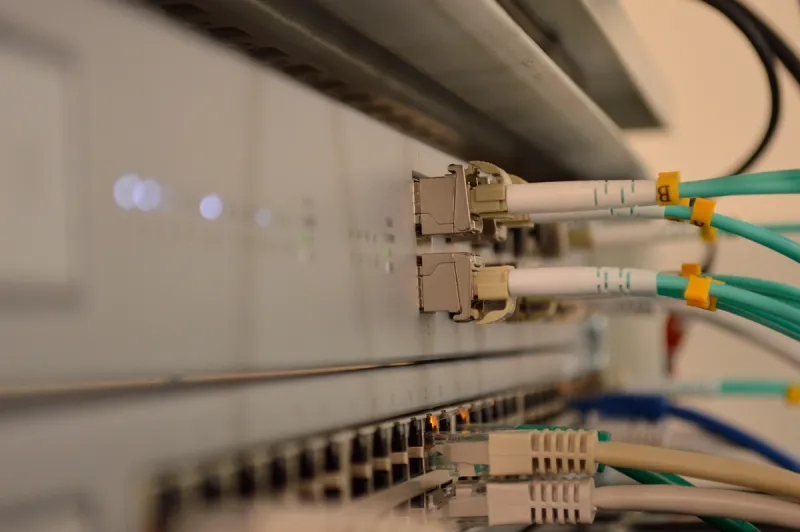Six reasons why you need dependable Cyber Security in 2021

Due to the COVID-19 pandemic, the threat of cybercrime to businesses of all sizes is on the rise. Cybercriminals are taking advantage of the more relaxed work from home schedule to infiltrate your private data using strategies such as breaches, hacking, and phishing. With cyber-attacks occurring every 39 seconds, it is predicted that inflicted damages will total $6 trillion USD globally in 2021. No organisation, large or small, is immune from such attacks therefore it is important to understand what Cyber Security is and how you can be targeted. Keep reading to find out six reasons why you need dependable Cyber Security in 2021.
So, what is Cyber Security?
Cyber Security is the protection of computer systems and networks against the theft of or damage to their hardware, software, or electronic data. This includes protection against the disruption or misdirection of the services they provide. The need for dependable Cyber Security is driven by a number of factors including loss of reputation and revenue, data breach penalties, phishing, ransomware, denial of service and remote working.
1. Loss of Reputation and Revenue
When a business is breached by cybercriminals, their clients and customers are likely to be unsympathetic. As you know, a good reputation takes time and effort to build but as soon as the information of a cyber-attack enters public and media knowledge, this valuable reputation is quickly destroyed. Negative sentiment, loss of reputation and loss of revenue are often the consequences for businesses that fail to keep the sensitive data of their clients and customers safe. The period following a cybercrime is extremely difficult and often uses up significant time and money. Costs can include customer compensation, incident response, breach investigation and legal fees. Hence, it is vital to put dependable protective measures in place before a cybercrime occurs.
2. Data Breach Penalties
The penalties of a data breach can be a hard hit on your business. It is your organisation's responsibility and legal requirement to avoid the misuse of data by complying with information security standards such as GDPR (General Data Protection Regulation). When a data breach takes place due to infringements of GDPR standards, organisations can face severe fines from the Information Commissioner's Office (ICO) of £17.5 million under the UK GDPR, €20 million under the EU GDPR or 4% of their annual global turnover, whichever is higher.
Do not underestimate the seriousness of these financial penalties. For example, take a look at British Airways who was fined £20 million for a data breach that gained access to the personal and financial details of over 400,000 customers. A cyber-attack that they did not detect for more than two months. You do not want to make the same mistake.
3. Phishing and Data Theft
Unsolicited mail can be a nuisance in the form of spam distracting your colleagues from getting things done. Phishing campaigns can however be much more destructive. Cybercriminals use email or text messages to trick you into sharing sensitive information. This can include passwords, account numbers or bank details.
Phishing methods can reach any organisations, regardless of size, through mass campaigns or more targeted attacks posing as your company or employee to make messages look more realistic. The consequences of a phishing attack can include compromised personal data, identity theft and financial loss. Many organisations rely on basic spam filters to protect against these attacks however, they are not strong enough to block well-designed phishing campaigns. Ideally, you need a multi-layered anti-spam system in place to ensure your business is resilient against phishing attacks.
In the meantime, it is beneficial to educate yourself on the signs of a phishing attack. For example; inconsistencies in the email address, suspicious attachments, request for personal details and a sense of urgency.
4. Ransomware and Data Theft
We're seeing an increase in the usage of ransomware, a malicious software that infects devices unnoticed and restricts access to files or the entire device, often threatening to publish information unless a ransom is paid. This unlawful moneymaking scheme uses deceptive links in emails, text messages and websites to enter internal business systems and infect your device. Payment of the ransom to decrypt the seized data only makes organisations bigger targets in cyber-criminal groups. With a 33% increase in the average ransomware payment in 2020, this can have a huge negative impact on your organisation's finances.
5. Denial of Service
Ransom-based Distributed Denial of Service (RDDoS) campaigns are a tactic being increasingly employed by cybercriminals to extort money from businesses. Attackers will flood a business's public servers with internet traffic to overload the device or network, making it inaccessible to legitimate users. For many businesses, this means a loss of revenue and credibility. The attacker then follows up with a ransom note and a hard deadline, demanding money to cease the attack. Likewise, payment of ransom only makes organisations a more desirable target in cyber-criminal groups.
So, how can you combat this malicious crime? Employing a strong DDoS protection service will shield your public servers from malicious traffic meaning that a DDoS ransom attack will become ineffective against the functions of your business. As such, harmful traffic is filtered out which stops the attacks before they become a serious threat.
6. Remote Working
Due to COVID-19, more businesses are supporting remote working than ever before. Detecting cyber threats is challenging enough at the office. Now, this shift to remote working creates new vulnerabilities. As such, work from home must be integrated into your organisations Cyber Security strategy to mitigate risk from employees at home. This can include securing networks, ensuring work and personal data are stored separately and keeping anti-malware software up to date. To enable secure remote working and ensure sensitive network traffic does not fall into the wrong hands, a Virtual Private Network (VPN) is a strong solution that can keep your traffic secure.
Top Tip: Use strong passwords.
Weak passwords are one of the most common factors leading to a cyber-attack. Ensure that your passwords are strong and are never used across multiple accounts. Using a password manager can help to create strong passwords without having to remember them.
At Navos, our highly-appraised password management solution is the first line of defence against cybercriminals. It keeps your workforce's passwords safe in a personal vault that encourages your colleagues to set hard-to-guess quality passwords that are unique to every site and service they use.
Conclusion
On average, it takes 7 months to identify a data breach. How do you know you are not already part of this statistic? Whether you need emergency response or a proactive assessment, Navos have a wealth of experience that provides quality solutions to keep your business and employees safe from cyber-attacks.
If you have found this blog useful then please share to allow others to learn about the need for dependable Cyber Security in 2021.
References
- https://1c7fab3im83f5gqiow2qqs2k-wpengine.netdna-ssl.com/wp-content/uploads/2021/01/Cyberwarfare-2021-Report.pdf
- https://www.fintechnews.org/the-2020-cybersecurity-stats-you-need-to-know/
- https://ico.org.uk/about-the-ico/news-and-events/news-and-blogs/2020/10/ico-fines-british-airways-20m-for-data-breach-affecting-more-than-400-000-customers/
- https://www.gov.uk/data-protection



